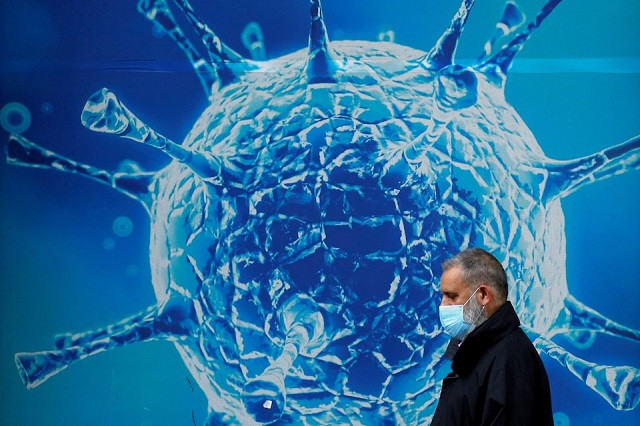Veganism has exploded in popularity in recent years, not just as an ethical choice, but as a supposed supercharged health trend. But when it comes to male fertility, one burning question remains: Can a vegan diet actually improve sperm health, or does it compromise reproductive function?
We asked Dr Chinmayie, MBBS, MS (OBG), FRM, and Senior Consultant Fertility Specialist, Oasis Fertility, to decode the facts from fiction when it comes to plant-based diets and male reproductive wellness. Her insights might just surprise you.
Sperm Health Starts with What’s on Your Plate
“Sperm quality is influenced by many factors, age, hormones, lifestyle, and most importantly, diet,” says Dr Chinmayie. While non-vegetarian diets are commonly associated with high protein intake, a well-planned vegan diet can also offer essential nutrients that support fertility.
Plant-based foods like fruits, vegetables, legumes, nuts, and whole grains are packed with antioxidants—vitamins C, E, and beta-carotene, that protect sperm cells from oxidative stress, a major cause of DNA damage and poor motility.
Nutritional Gaps That Vegan Men Must Watch
However, there’s a catch. “Vegan diets tend to fall short on key nutrients like vitamin B12, omega-3 fatty acids, zinc, selenium, vitamin D, and iron, which are vital for sperm development,” Dr Chinmayie explains.
Lack of these nutrients can lead to low sperm count, poor motility, and even abnormal morphology. The solution? Identify fortified foods or add supplements to close the nutritional gaps. Planning is everything when you’re aiming to preserve fertility on a vegan diet.
Vegan Diet: Low in Fat, High in Benefits
Unlike diets heavy in red or processed meats, a vegan diet is naturally low in saturated fat, which supports better heart and metabolic health. This indirectly boosts reproductive wellness, since good cardiovascular function is closely linked to optimal sperm production.
The anti-inflammatory nature of plant foods also reduces stress on the body and can help balance hormone levels, crucial for men trying to conceive.
Is Protein a Problem on a Vegan Diet?
One of the biggest myths about veganism is that it’s hard to get enough protein. “That’s simply not true,” says Dr Chinmayie. “Foods like quinoa, tempeh, lentils, chickpeas, and tofu are excellent protein sources and provide all essential amino acids when consumed in variety.”
As long as calorie and protein needs are met, sperm production and testosterone levels can remain strong even on a completely plant-based diet.
The Bigger Fertility Picture
“Diet is just one piece of the fertility puzzle,” says Dr Chinmayie. Fertility is influenced by stress levels, sleep, physical activity, and environmental toxins. While a vegan diet can help reduce inflammation and boost nutrient density, it’s crucial to combine it with a healthy lifestyle.
That includes getting enough sleep, staying active, and avoiding exposure to plastics, pesticides, and endocrine disruptors.
Vegan Junk Food? A Hard Pass
Vegan doesn’t always mean healthy. Highly processed vegan snacks or meat substitutes loaded with sodium, preservatives, and oils can sabotage fertility goals.
“If you’re living on vegan chips and faux meats, you’re missing the point,” warns Dr Chinmayie. “Stick to whole, nutrient-rich foods, and supplement wisely if needed.”
With the Right Strategy, Veganism Can Work Wonders
If done thoughtfully, a vegan diet can be a powerful tool for reproductive health. With enough planning, supplementation, and variety, men can not only maintain sperm quality—but potentially improve it, thanks to the antioxidant-rich nature of plant-based foods.
Balance is the Real Fertility Superpower
Going vegan doesn’t mean compromising fertility. In fact, when balanced correctly, it can enhance sperm health and overall wellness. But just like any lifestyle change, it requires intention, awareness, and sometimes expert guidance.
So if you’re considering the switch for your health, or your future family, it’s worth consulting a doctor or fertility nutritionist to ensure you’re meeting your unique nutritional needs. After all, what you eat today can shape your family tomorrow.







